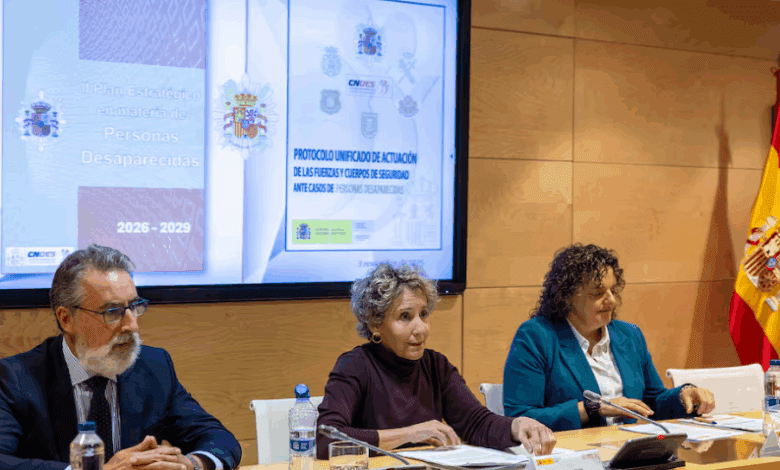
An hour before the official launch of the second phase of the national strategy to search for missing persons in Spain, another alarm was raised: a new alert about a missing teenager in San Lorenzo Escorial appeared on social media. In the country, a new disappearance is reported every half hour, with most cases involving minors. The new program, set for 2026–2029, has received a record 5.1 million euros in funding—almost double the previous budget.
Authorities emphasize that without real investment, even the most ambitious initiatives risk remaining just plans on paper. Now, the focus is shifting to swift action—the first 24 hours after a disappearance are considered critical. Spaniards are no longer advised to wait: the sooner an alert is given, the higher the chances of finding the person alive.
Focus on the vulnerable and new technologies
The main priority is children and teenagers aged 13 to 17, as well as elderly people with cognitive disorders. Special awareness campaigns and staff training are planned for them, so that families receive not only assistance but also support. The strategy pays particular attention to minors living in shelters and care centers.
For the first time, a tourist component is being integrated into the program: foreigners visiting Spain will quickly receive instructions on what to do if a companion goes missing. Police and other services will undergo additional training to respond as effectively as possible.
The right to disappear and digital tools
Until now, Spain has lacked a clear legal definition for cases where a person leaves voluntarily. The new plan proposes to create a national registry for those who deliberately cut ties with their surroundings. This will help distinguish such episodes from real tragedies and avoid wasting resources.
A key part of the strategy is the implementation of modern technologies. In the coming years, instant alert systems, including international-level alerts, will be introduced. There are plans to revise the laws to enable the use of mobile device geolocation for search efforts. Investigators will have access to predictive tools and intelligent platforms to speed up investigations.
Special attention will be given to biometric methods: fingerprint analysis and working with the DNA database. This will help solve even old cases where little evidence remains.
Families and international cooperation
New forms of support will be introduced for families of the missing, including an updated list of resources and an ethical code for everyone involved in the process. Authorities intend to closely cooperate with specialized organizations, such as the Center for Alzheimer’s Disease (CREA).
Spain plans to share its experience at the European level. In the coming years, the country will strengthen ties with foreign centers to exchange best practices and jointly develop protocols for searching for missing children and adults. In the long term, Spain aims to integrate into international organizations that address the issue of disappearances.





